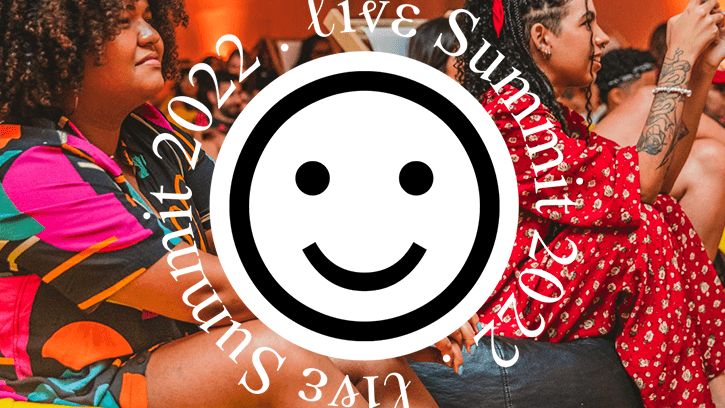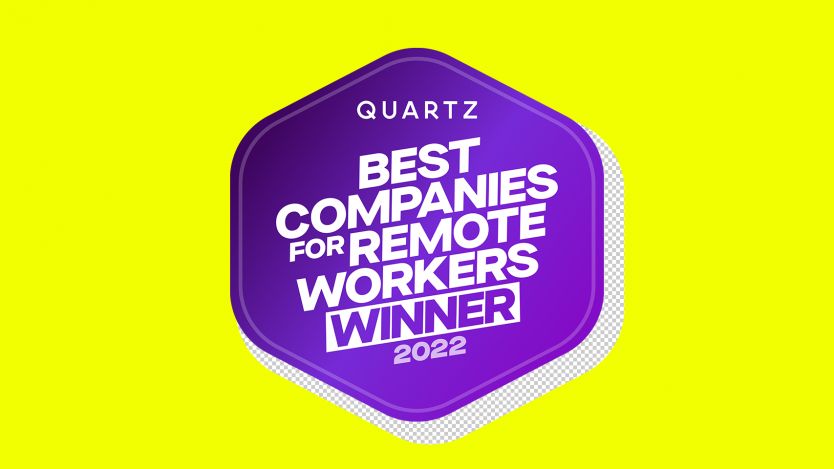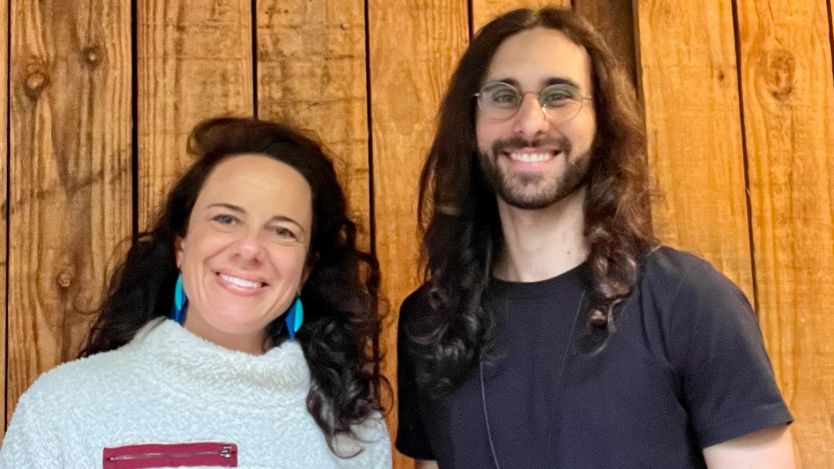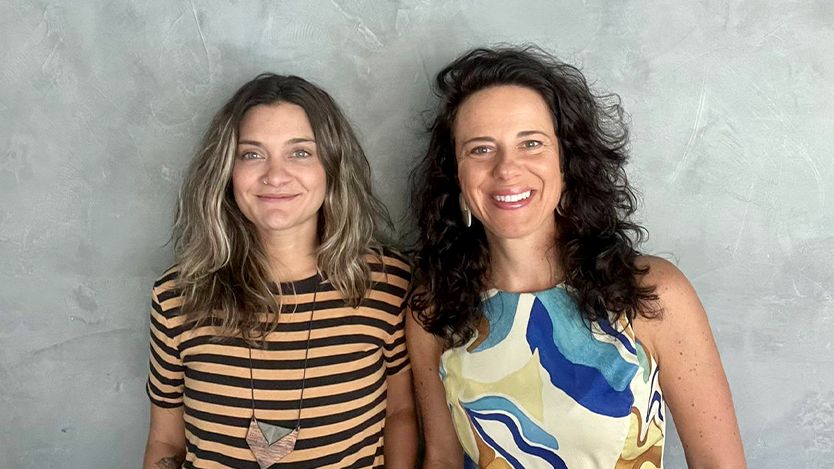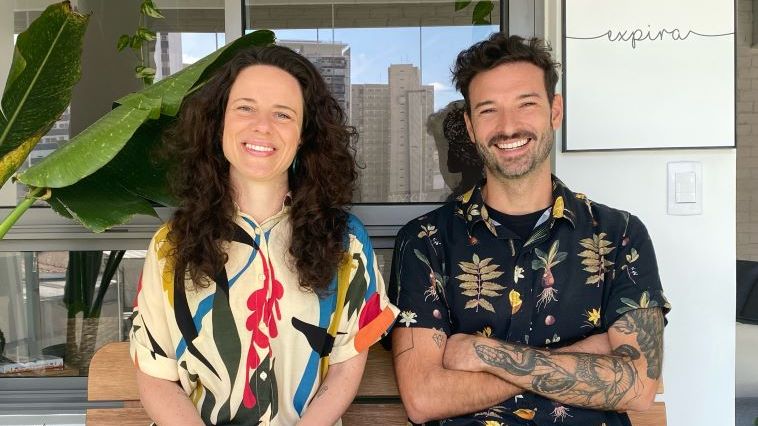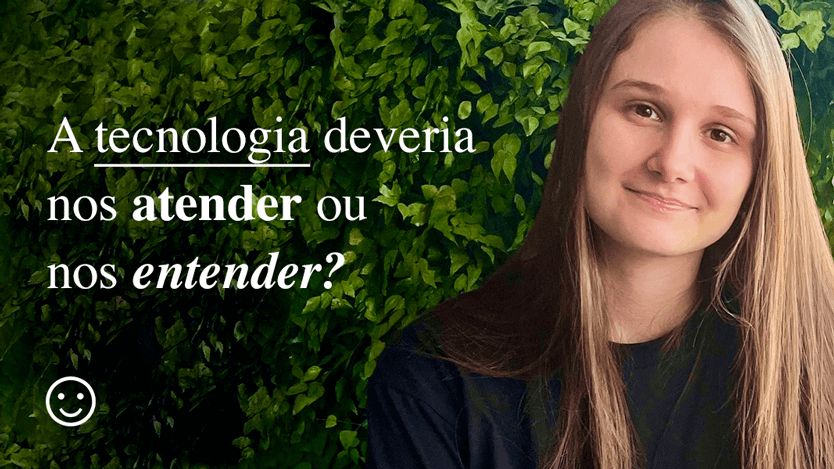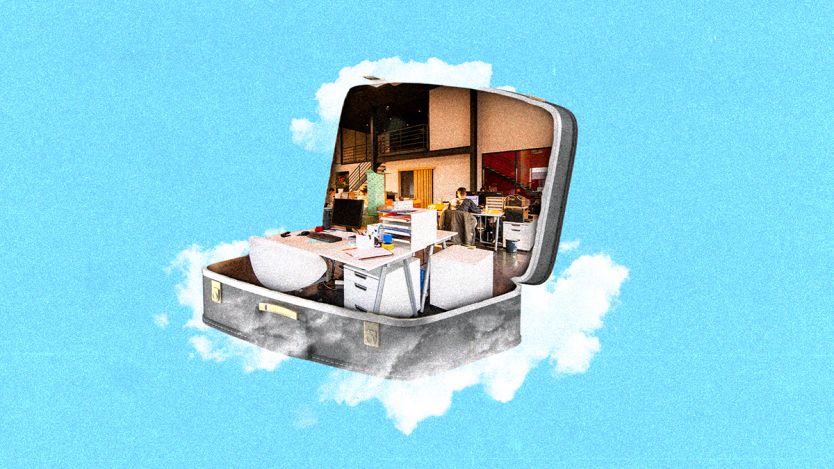What happens when you make room for making mistakes?
by Lucas Mello
Sep 30th, 2021 » 5 min (startup)
Today the world is increasingly more liquid and more competitive. This imposes a greater speed not only in the ways we relate to the current issues, but also in the ways we do marketing being part of this society. If it was once necessary to invest a lot of time and money to understand who our consumers were, what they want, and how they want to receive a certain product or service, today any brand can receive, with only a few clicks, immediate feedback and a continuous flow of information that can be transformed into action.
It is in this scenario that startups have a lot to teach to large companies. They prove, through their high growth rates, that the so-called more cautious marketing models of the multinationals lose out by not having a culture that accepts and rewards risk taking.
More than once, I have taken part in multinational campaign launches that took more than 12 months to get off the ground. Between endless internal alignments, rework, and the dependence on pre-testing campaigns in focus groups, large companies throw millions of dollars down the drain every year simply because of one factor: the fear of getting it wrong.
For a long time, making mistakes was seen as the big bad wolf of the companies, with a purely negative idea. To move up the career ladder you just had to not make mistakes. But more and more multinationals will need to wake up to the fact that without mistakes there is no movement and no growth. The mistakes are opportunities to do things differently, try new ways, to challenge the limits of creativity and expand markets. In this fast-paced context, mistakes are negative if they are not considered or not seen as an essential step in the process.
In the podcast 22000 pés, I had a conversation with Gabriela Onofre, vice president of communication, marketing and culture at Único – the largest Brazilian technology startup in digital identities –, about this high-speed culture that comes with the mindset of startups. Gabriela has 20 years of experience in large multinationals such as Procter & Gamble and Johnson & Johnson, and brought to Único this expertise in structuring, people management and purpose. But if she had to make the opposite path and return to the corporate world, what do you think she would take in her suitcase? Yes, the mistakes.
A parenthesis here: if you want to hear our whole conversation, which goes through this and other subjects, listen to episode #12 of the podcast 22000 pés:
It is important to point out that are these very companies that emerge from the new economy, which work in a different way, because they are born with this mindset. And one of the most fascinating things about startups is that they come to recreate the ways we do things. Whether through their products, which we use on a daily basis, or through their innovative operating models.
If there is any area of knowledge that is undergoing a strong reinvention, it is marketing. Old ways of thinking and acting, such as those sustained by large agencies and communication holdings, they no longer make sense for startups. Here, Gabriela recalled ℓiⱴε as a good example of this new modus operandi. We took all of our shots to build a model of agency that was completely flexible and fast. Long before the pandemic, we were already operating 100% remotely. This mindset also guides a culture of autonomy that relies on Ollo, a ℓiⱴε exceptional talent platform initiative that manages to quickly connect people with extraordinary capabilities to projects, with a certain speed, but without losing the technical criteria.
This agency model was surely not built overnight, nor after a year of planning and pre-testing that brought an armored product with 100% of success. It was a process permeated by mistakes, which allowed us to learn and showed us the best path to follow. And this path is an expressway.
To see this cultural change brought about by the startups indicates that, very soon, a large part of traditional agencies will end up disappearing or following their silent merging processes. It is the end of an era in communication. But at the same time, another one is being born, one that is much more decentralized and innovative. And certainly much faster.


